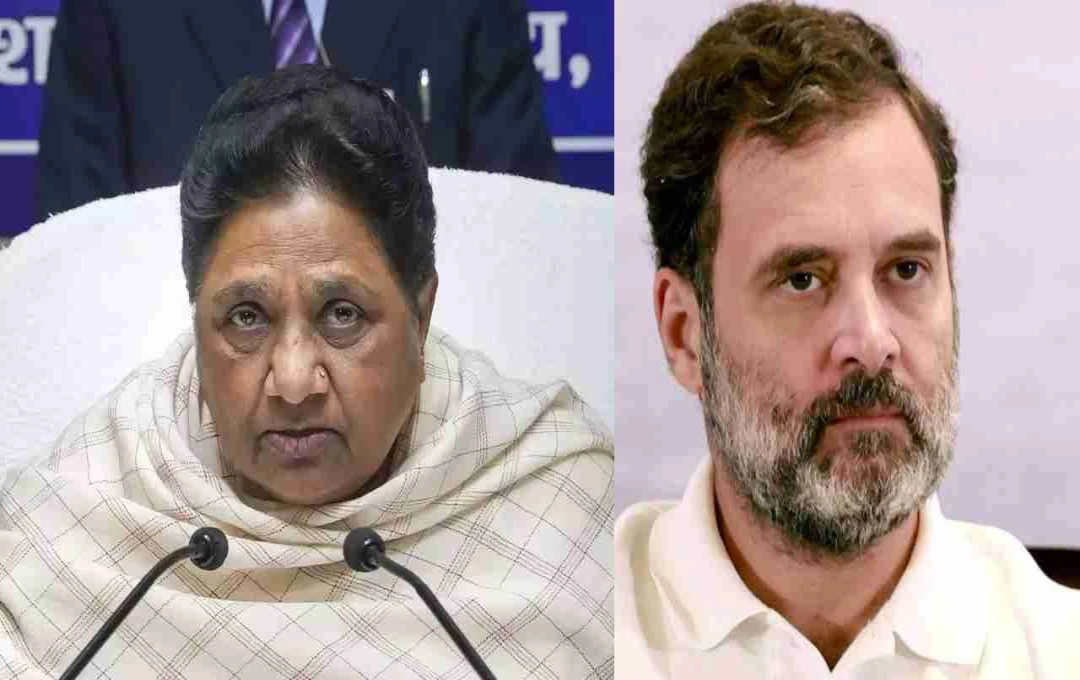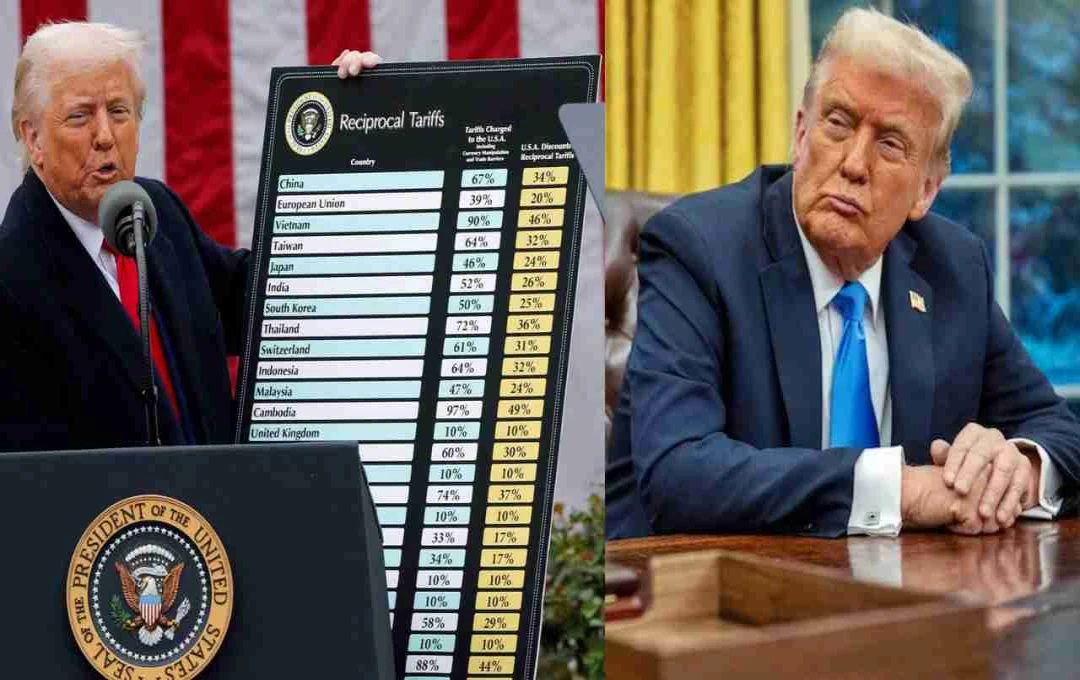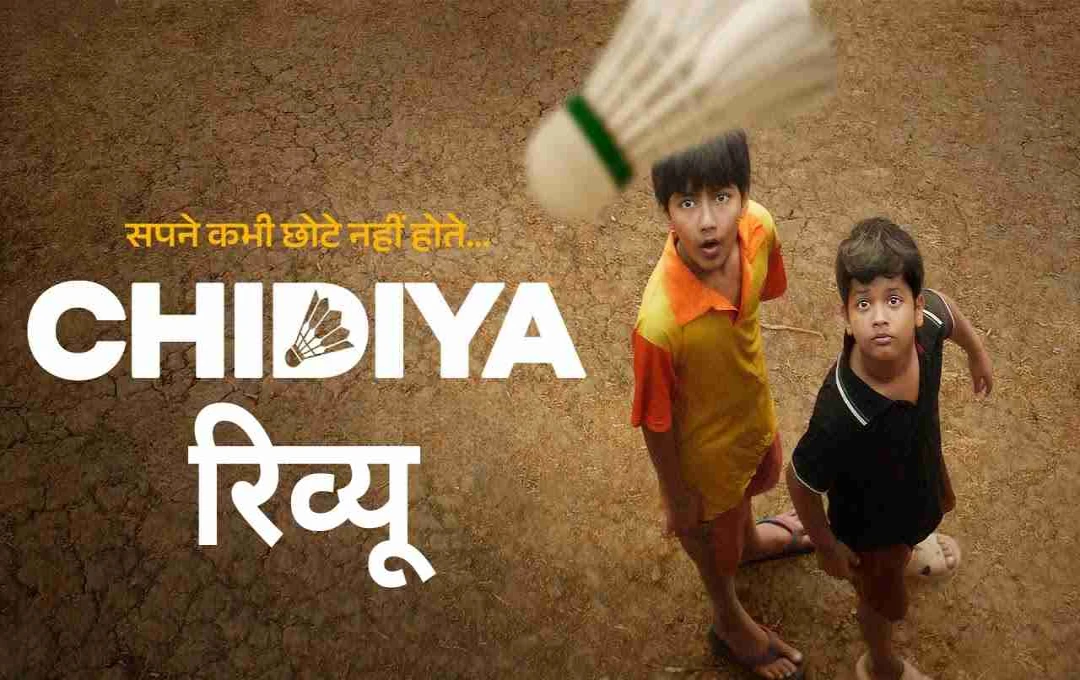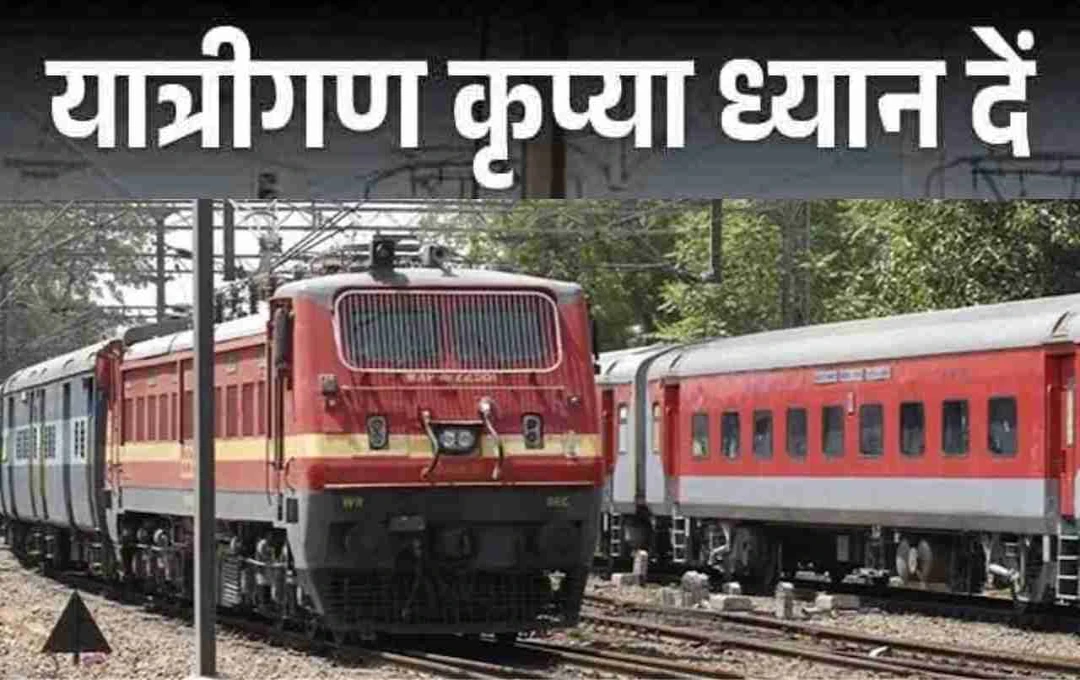Following the sub-categorization of SC reservations in Telangana, Congress is now moving to implement this model in Karnataka.
Castes Census: The ever-shifting political landscape and measures taken for various sections of society have often influenced government decisions. The current topic of discussion is the sub-categorization of Scheduled Caste (SC) reservations. Initially, after facing opposition from BSP chief Mayawati, the central government retreated. However, Congress is now taking a proactive stance on the same issue.
Implementation of Reservation Sub-categorization in Telangana and Karnataka
The Congress government in Telangana has decided to divide SC reservations into three categories, a decision successfully implemented. Under Chief Minister Revanth Reddy's leadership, the Telangana government executed this process.

After dividing SC reservations into three parts in Telangana, Congress has now taken this step in Karnataka as well. A survey is underway in Karnataka until May 17th to identify the 101 sub-castes within the Scheduled Castes. Following this, the state government will decide on the sub-categorization of SC reservations.
Reservation Sub-categorization and Survey in Karnataka
Karnataka Chief Minister Siddaramaiah initiated this process. Based on the recommendations of the Justice Nagmohan Das Commission, the state government has launched a survey. He stated that the aim of this survey is to generate empirical data among the various sub-castes of the Scheduled Castes. This will ensure the equitable distribution of reservation benefits. This decision follows a Supreme Court ruling that granted states the authority to sub-categorize SC/ST reservations.
Quota within Quota Already Implemented in Telangana

This process has already been completed in Telangana. In April 2025, the state government decided to divide SC reservations into three parts. The 59 sub-castes of SCs have been divided into three groups. Accordingly, the most backward 15 sub-castes have been allocated 1% reservation, the intermediate 18 sub-castes 9%, and the relatively better-off 26 sub-castes 5% reservation.
Mayawati's Opposition and Congress's Strategy
In 2024, BSP chief Mayawati opposed the Supreme Court's decision, calling it an attempt to break the unity of the Dalit community. She argued that this step would create divisions within the Scheduled Castes, benefiting some sub-castes while leaving others behind. However, Congress is now using the same issue to its advantage. After implementing this decision in Telangana, Congress is now preparing to implement it in Karnataka.
Mayawati's Silence and Reservations in Uttar Pradesh
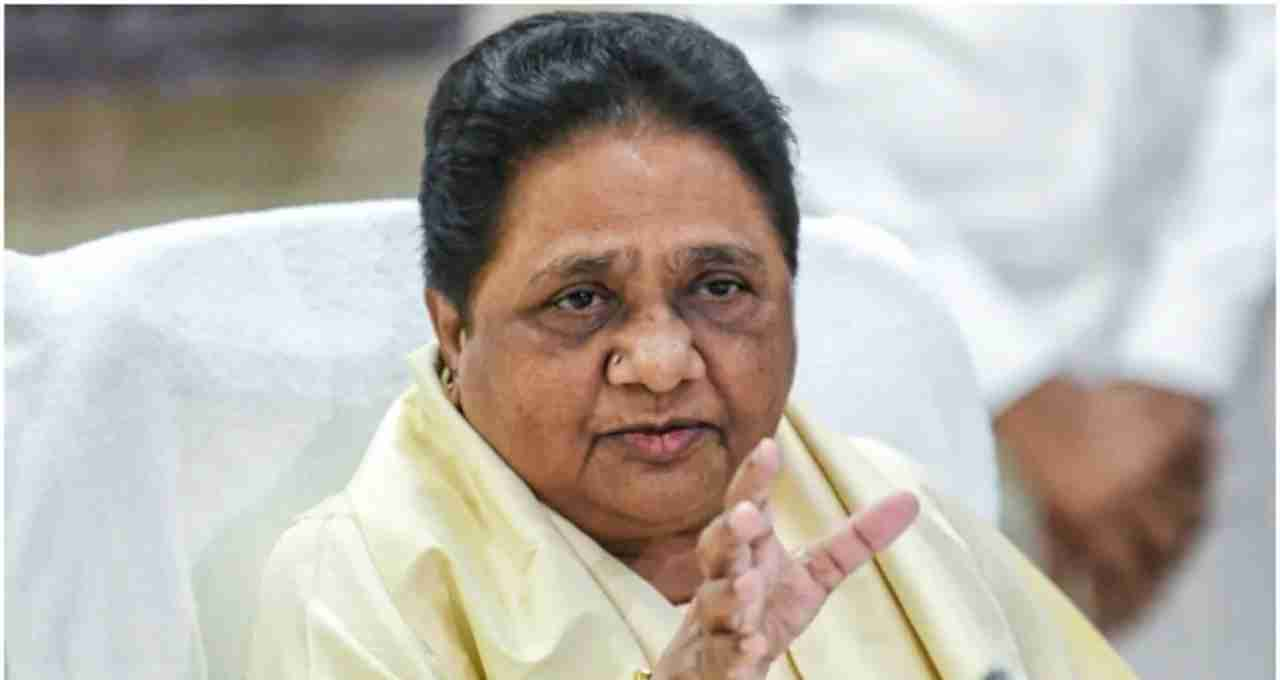
However, Mayawati is now silent. Previously, when this issue arose, Mayawati bly opposed it. But after Congress's actions in Karnataka and Telangana, she has not issued any statement. There could be several political reasons behind this. Particularly in Uttar Pradesh, there has been a long-standing debate about the division of Dalit reservations. SCs in UP receive 20% reservation, with the Jatav community benefiting the most, while other castes receive less. This issue has always been crucial for the BSP, as the Jatav community forms its traditional vote bank.
Politics and the Future of Reservations
The Supreme Court's decision allows states to sub-categorize SC/ST classes, but this decision can often prove politically sensitive. When dissatisfaction among different castes rises regarding the benefits of reservations, it becomes easy to exploit this politically.
